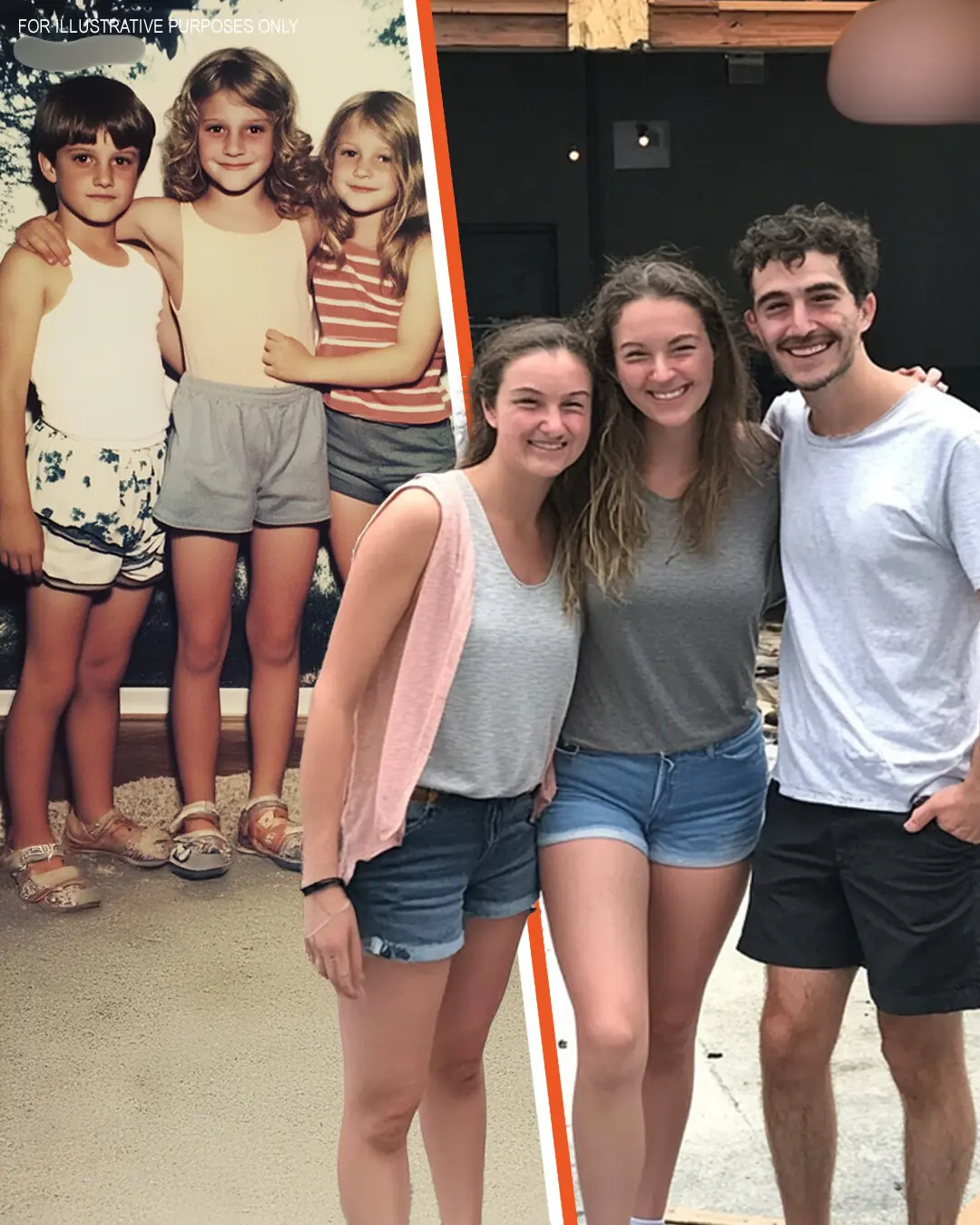
I Married a Single Mom with Two Daughters – A Week Later, the Girls Invited Me to Visit Their Dad in the Basement
When I married Hannah, a single mom with two bright-eyed daughters, I thought I had found the missing piece to my life. Her daughters, Grace and Sophie, welcomed me warmly, their innocence and joy quickly pulling me into their world. The house we moved into felt like a memory frozen in time — comforting, lived-in, and strangely untouched by the outside world.
Everything about the place seemed charming. The old hardwood floors creaked under our feet, and the air always smelled faintly of vanilla and cinnamon — a scent Hannah loved. Sunlight would pour through lace-trimmed curtains in the morning, turning the house into a haven. Grace and Sophie raced through the halls, giggling and chasing each other, their happiness echoing from room to room. Hannah would smile from the kitchen, a warm presence that grounded everything.
But there was one part of the house I couldn’t quite shake — the basement.
The door to it wasn’t much. Just a plain, white-painted thing at the end of the hallway. It didn’t stand out visually, but it held a strange energy. Sometimes I’d catch the girls glancing at it with a knowing look or whispering to each other when they passed it. Other times, I’d hear them giggle near it, only to fall silent the moment they noticed me watching.
At first, I assumed they were just playing, like kids do. But as the days passed, their strange behavior around that door became harder to ignore.
One evening, Hannah called out, “Ethan, can you grab the plates?” as she finished dinner — macaroni and cheese, Grace and Sophie’s favorite. I went to the kitchen, and Grace trailed behind me.
“Do you ever wonder what’s in the basement?” she asked out of nowhere, staring up at me with her mother’s deep brown eyes.
I blinked, caught off guard. “Hmm? I figured it’s just old stuff — maybe a washing machine, storage boxes… or maybe a monster guarding treasure?” I teased, trying to lighten the mood.
Grace didn’t laugh. She just gave me a quiet, knowing smile and turned to leave.
The next morning, I was helping them with breakfast when Sophie dropped her spoon. She scrambled under the table to get it, then popped up and whispered with a singsong lilt, “Daddy doesn’t like loud noises.”
I nearly choked on my coffee.
I had asked Hannah about their dad once, before we got married. She’d said he was “gone.” I didn’t press — some things you wait to learn naturally. I assumed he’d either passed away or left a long time ago. But now, I wasn’t so sure.
A few days later, Sophie sat at the dining table, drawing intently with her crayons. I leaned over to admire her picture.
“Is that all of us?” I asked, pointing to the stick figures. She nodded, naming them one by one. “That’s me, that’s Grace, that’s Mommy, that’s you…”
She paused, then added, “And that’s Daddy.” She drew him slightly off to the side and surrounded him with a gray square.
“What’s the square for?” I asked gently.
“That’s the basement,” she said plainly, not looking up from her work.
That was the moment something shifted in me. The casual way she said it, the way both girls treated the basement like a room they visited — it began to gnaw at me.
That evening, as Hannah and I sat on the couch with glasses of wine, I brought it up.
“Hannah,” I said, careful not to sound accusing, “can I ask you something about the basement?”
She froze. “The basement?” Her voice was steady, but her eyes narrowed ever so slightly.
“Yeah, it’s just… the girls keep mentioning it. Sophie drew this picture earlier, and I just wondered…”
“There’s nothing down there,” she said quickly. “Just some old boxes and junk. It’s damp and moldy — honestly, you don’t want to go.”
She forced a smile, but I could tell it was rehearsed. Something about her expression — more than her words — told me she was hiding something.
“And their father?” I asked quietly. “They still talk about him… like he’s still around.”
She looked down at her wine, fingers tightening around the stem of the glass. “He passed away two years ago,” she said softly. “It was a rare illness. It happened fast. I didn’t know how to explain it to them. They were so young, and I guess they clung to their own understanding of it all.”
Her voice cracked with emotion, but I could still feel something unspoken pressing between us. I didn’t push further, out of respect — but the girls' words stayed with me.
A week later, Hannah had a long shift, and I stayed home with Grace and Sophie, who were both feeling under the weather. While I was tidying up and bringing them snacks, Grace appeared in the doorway, looking solemn.
“Do you want to meet Daddy?” she asked, her tone as serious as a judge.
I hesitated. “What do you mean?”
Sophie came up behind her, clutching her stuffed bunny. “We can show you. Mommy keeps him in the basement.”
I laughed nervously. “Girls, that’s not funny.”
“We’re not joking,” Grace said firmly, taking my hand. “Come on.”
Despite every instinct telling me not to, I followed them.
The basement door creaked open, and the air immediately turned cooler. As we descended the wooden stairs, I felt a chill run through me. The single dim bulb above flickered as we entered the basement.
In the far corner, lit faintly by a string of fairy lights, was a small table. On it were drawings, wilted flowers, and toys. And in the center sat a simple gray urn.
“This is Daddy,” Grace said softly, pointing to the urn with reverence.
Sophie smiled. “Hi, Daddy!” she chirped, patting the urn. “We come down here to visit so he won’t feel lonely.”
My chest tightened painfully.
Grace touched my arm. “Do you think he misses us?”
I knelt down and pulled them both into a hug, overwhelmed by the weight of their tender hearts.
“Your daddy… he’s always with you,” I whispered. “Not just here, but in your memories. You’ve made such a beautiful place for him.”
That night, when Hannah returned home, I told her everything. She sank onto the couch, tears falling freely.
“I didn’t realize they still came down there,” she said. “I thought keeping him out of sight would help us move on… but I never thought they were still holding on that way.”
I took her hand. “They just want to feel close to him. They’re not ready to let go — not entirely. Maybe we can help them grieve… differently.”
The next day, we moved the urn upstairs. We cleared a spot in the living room, placed it next to family photos, and added the girls’ drawings and flowers. When the girls came home, Hannah gently explained.
“Your dad’s not really in that urn,” she told them. “He’s in the stories we tell. In the memories we hold close.”
Grace nodded thoughtfully, while Sophie clung to her bunny.
“Can we still say hi to him?” she asked.
“Of course,” Hannah said, smiling through tears. “This is his new place, where we can all be together.”
From then on, we began a new ritual. Every Sunday at sunset, we’d light a candle by the urn. The girls would draw new pictures, and we’d tell stories about their dad — how he played guitar, how he used to make pancake faces, how he danced barefoot in the kitchen with them in his arms.
As I watched their faces light up with memories and laughter, I realized something vital.
I hadn’t come into their lives to replace their father. My role was to stand beside them, to add my love to the foundation he left behind. To help them carry the past forward — not erase it.
And that, to me, is what family truly means.
News in the same category


My Little Son Accidentally Uncovered My Husband's Double Life—If Only I Had Known Who He Really Was
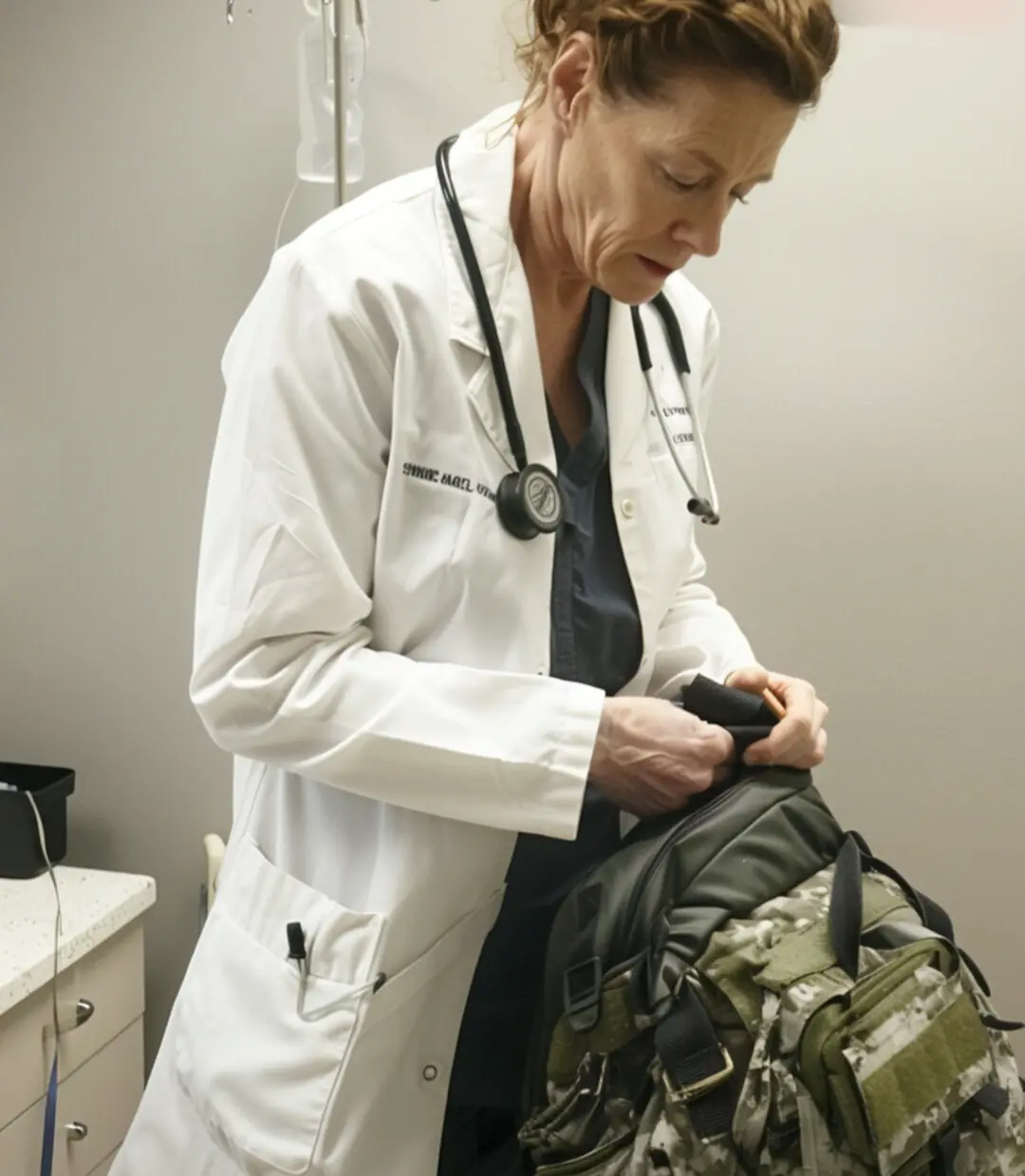
A Military Man with Burns and Amnesia Arrived at Our Hospital—When We Called His Wife, Everything Changed
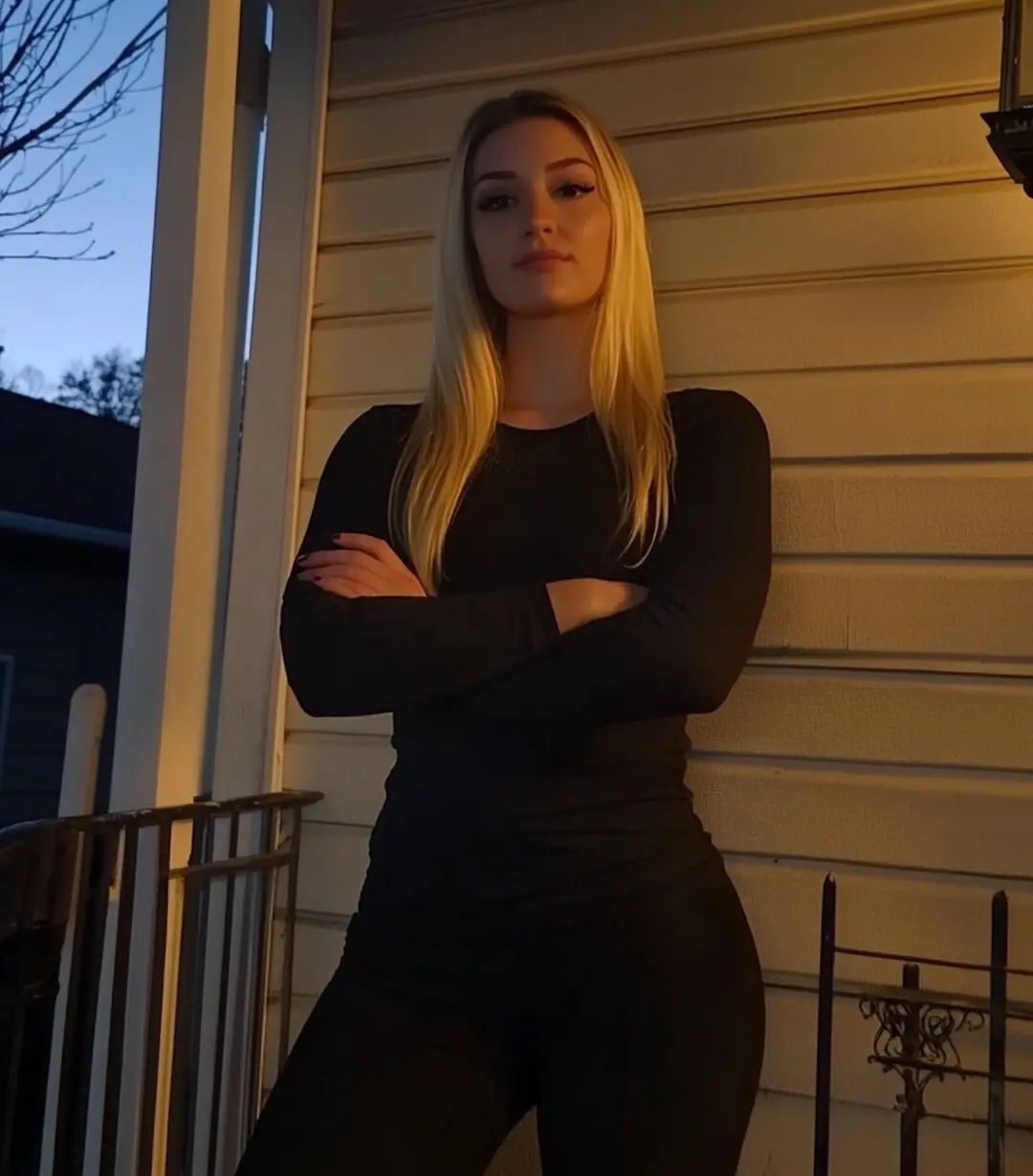
My Sister Abandoned Her Son and Vanished — Her Unexpected Return 12 Years Later Shook Our World
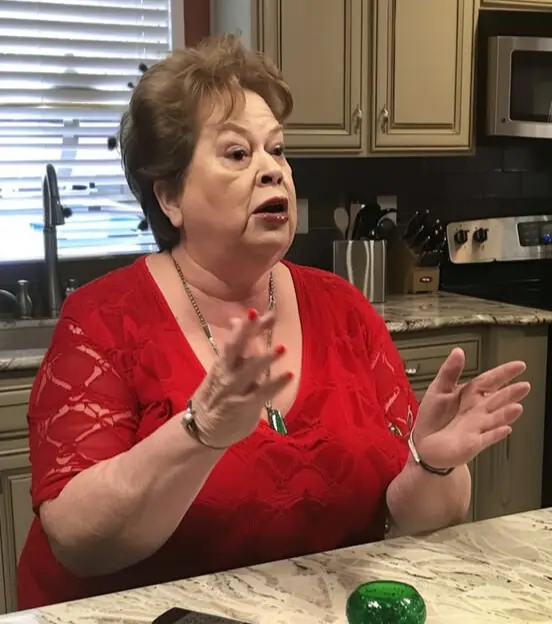
My MIL Gave Away My Late Mom's Heirloom to Her Friends — I Immediately Made Sure She'd Regret It
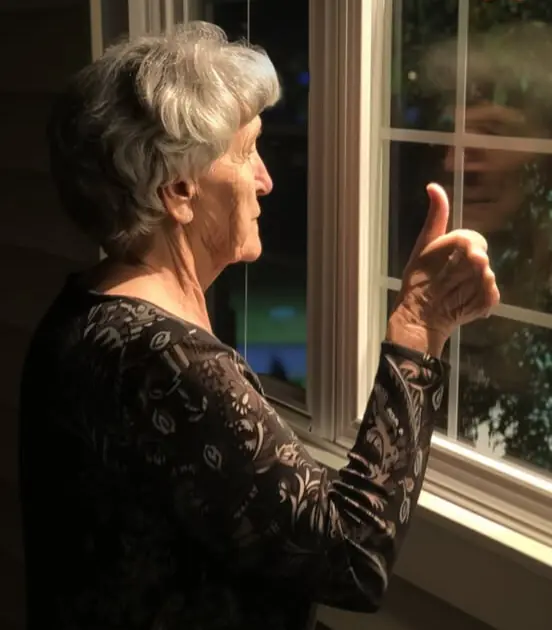
My MIL Moved in with Us — I Found Her Showing a Strange Sign In the Window Every Night
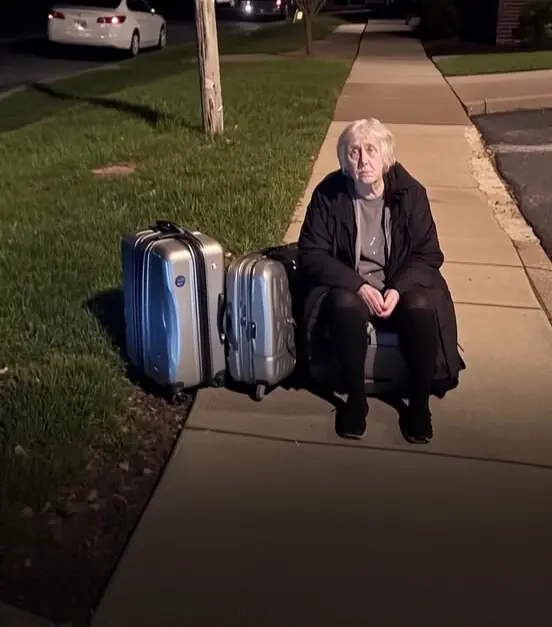
Rich Landlord Evicts Poor Old Lady from Rental Home, Goes to Family Dinner and Sees Her There
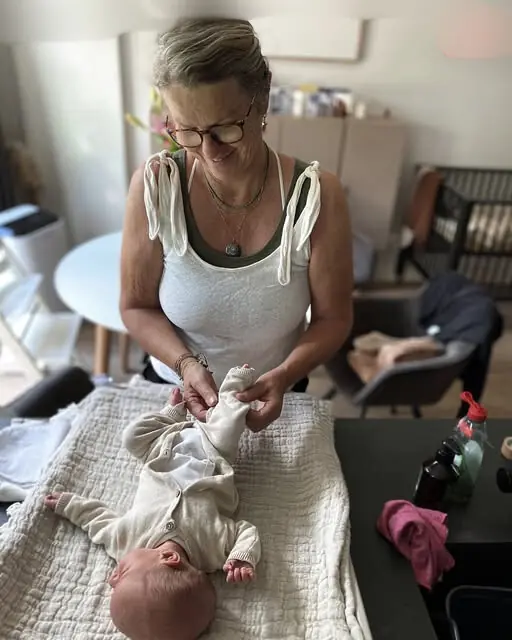
My 51-Year-Old Mother-In-Law Begged Me to Adopt Her Newborn Twins after Her Death
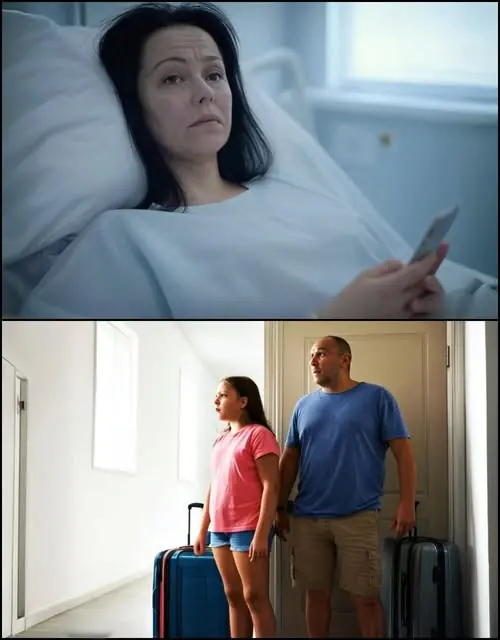
My Husband Left for the Maldives Three Days After I Had a Stroke—A Big Surprise Was Waiting for Him When He Returned

Attention, Parents! You May Want To Save Your Children’s Baby Teeth
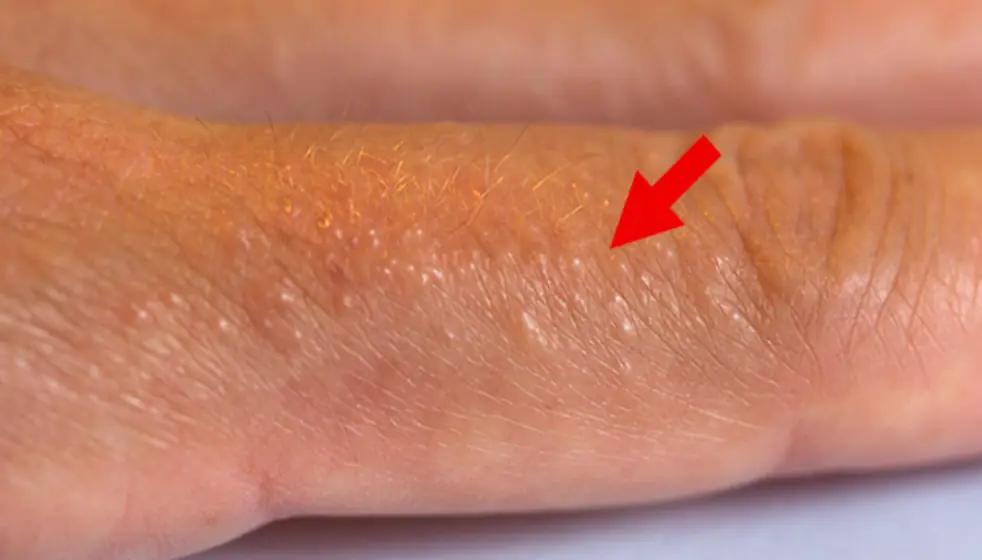
If You See These Painful Red Bumps, You May Have Dyshidrotic Eczema
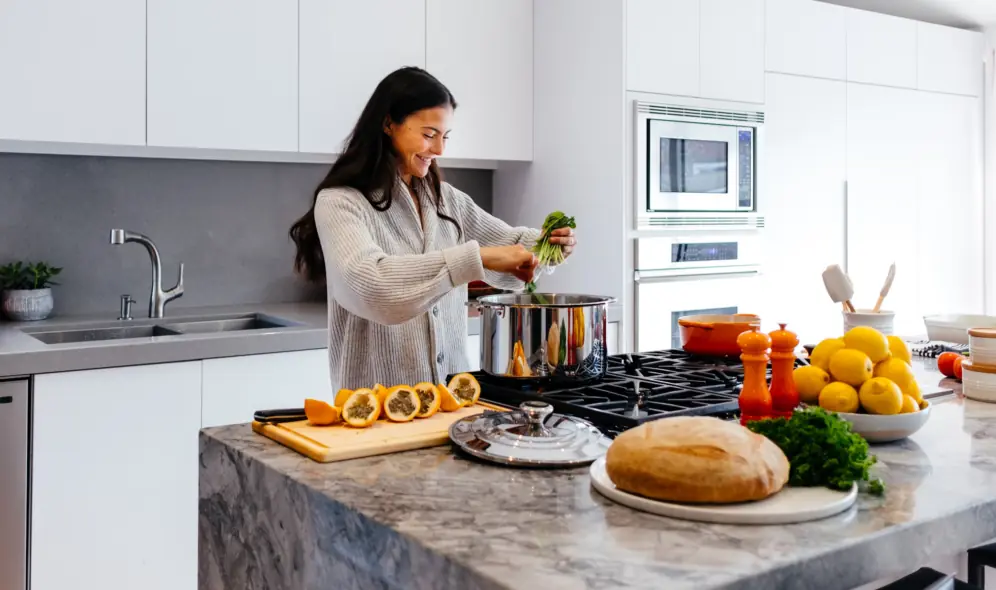
10 of The Worst Foods For Arthritis
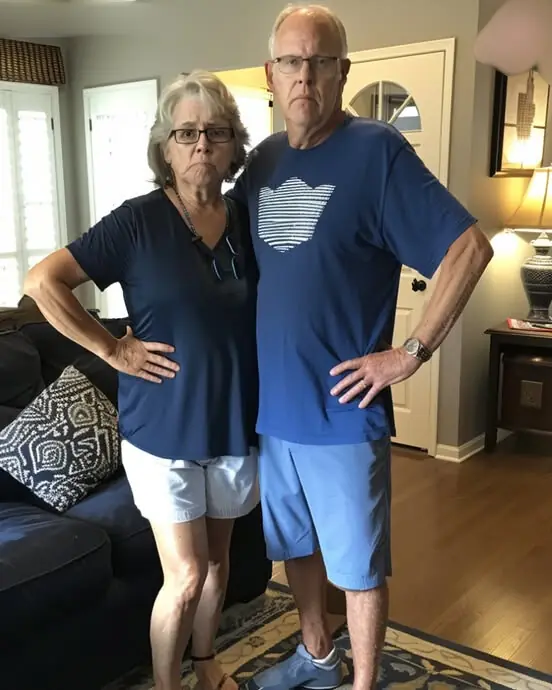
My Greedy In-Laws Tried to Get Rid of Our Sick Mom, but She Brilliantly Taught Them a Lesson
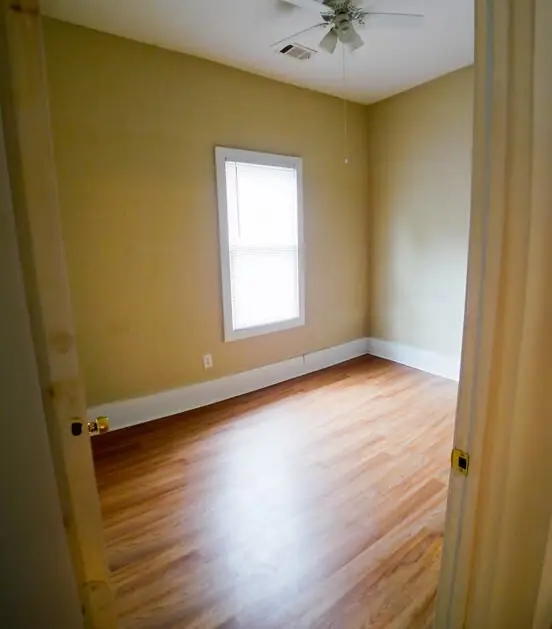
I Got Back from a Work Trip and Found My House Completely Empty
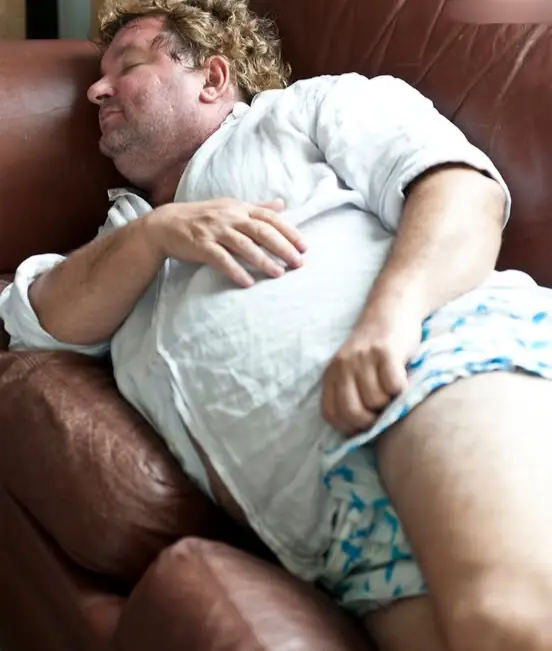
3 Eye-Opening Stories About Husbands Who Didn't Appreciate Their Devoted Wives – And the Important Lessons They Learn in the End

14 Fish You Should Consider Never Eating

40+ Weird Signs That Lead To a Cancer Diagnosis

NASA’s Mars Rover Uncovers Mysterious Spheres On The Planet’s Surface, Leaving Experts Baffled

Depressing find at the bottom of the Mariana Trench is a warning to the world
News Post

At Age 5, My Two Older Siblings and I Became Orphans but Promised Each Other to Fulfill Our Parents' Dream

My Little Son Accidentally Uncovered My Husband's Double Life—If Only I Had Known Who He Really Was

A Military Man with Burns and Amnesia Arrived at Our Hospital—When We Called His Wife, Everything Changed

My Sister Abandoned Her Son and Vanished — Her Unexpected Return 12 Years Later Shook Our World

My MIL Gave Away My Late Mom's Heirloom to Her Friends — I Immediately Made Sure She'd Regret It

My MIL Moved in with Us — I Found Her Showing a Strange Sign In the Window Every Night

Rich Landlord Evicts Poor Old Lady from Rental Home, Goes to Family Dinner and Sees Her There

My 51-Year-Old Mother-In-Law Begged Me to Adopt Her Newborn Twins after Her Death

My Husband Left for the Maldives Three Days After I Had a Stroke—A Big Surprise Was Waiting for Him When He Returned
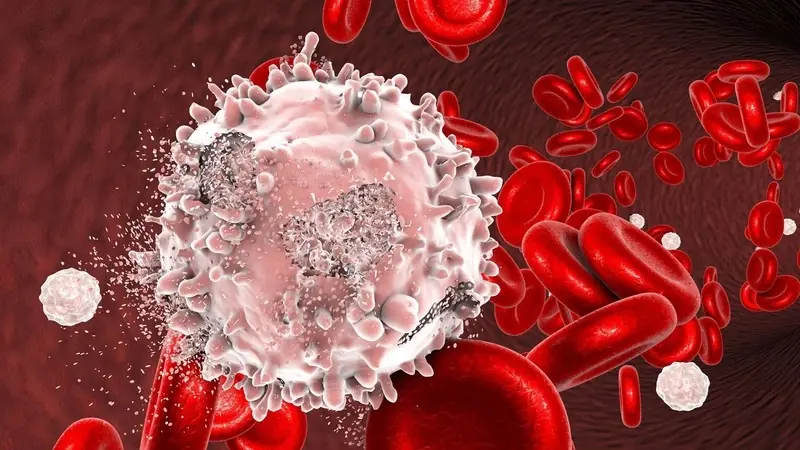
A 36-Year-Old Man's Blood Turned Milky Like Pork Fat Due to a Habit Many People Do at Least Three Times a Day

Warning: If You Notice This Sign in Your Body, Go to the Hospital Immediately or It May Be Late-Stage Nasopharyngeal Cancer

Chipotle Ranch Grilled Chicken Burrito
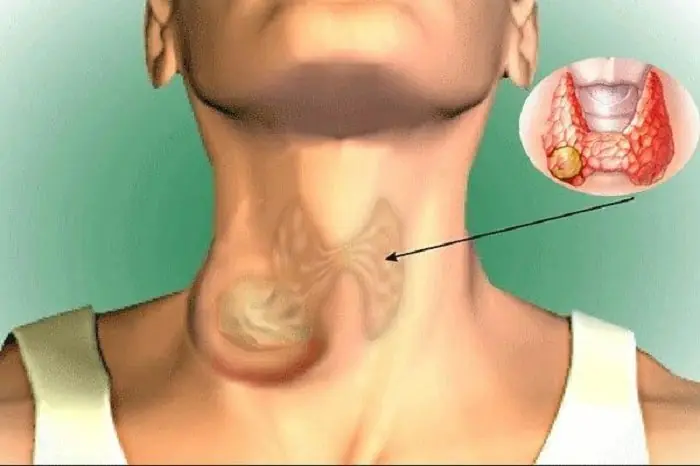
Self-Checking for Thyroid Cancer at Home with a Glass of Water: Thanks to That, I Discovered the Disease Early and It Was Easier to Treat

She Couldn’t Walk and Now Runs Like a Teenager!

🧄🌿 Kills Sore Throat and Inflammation – Cloves: Nature’s Antibiotic!

Crockpot Chicken and Noodles

🌟 Homemade Caramel Frappuccino 🥤: A Sweet, Creamy Coffee Treat You Can Make at Home!
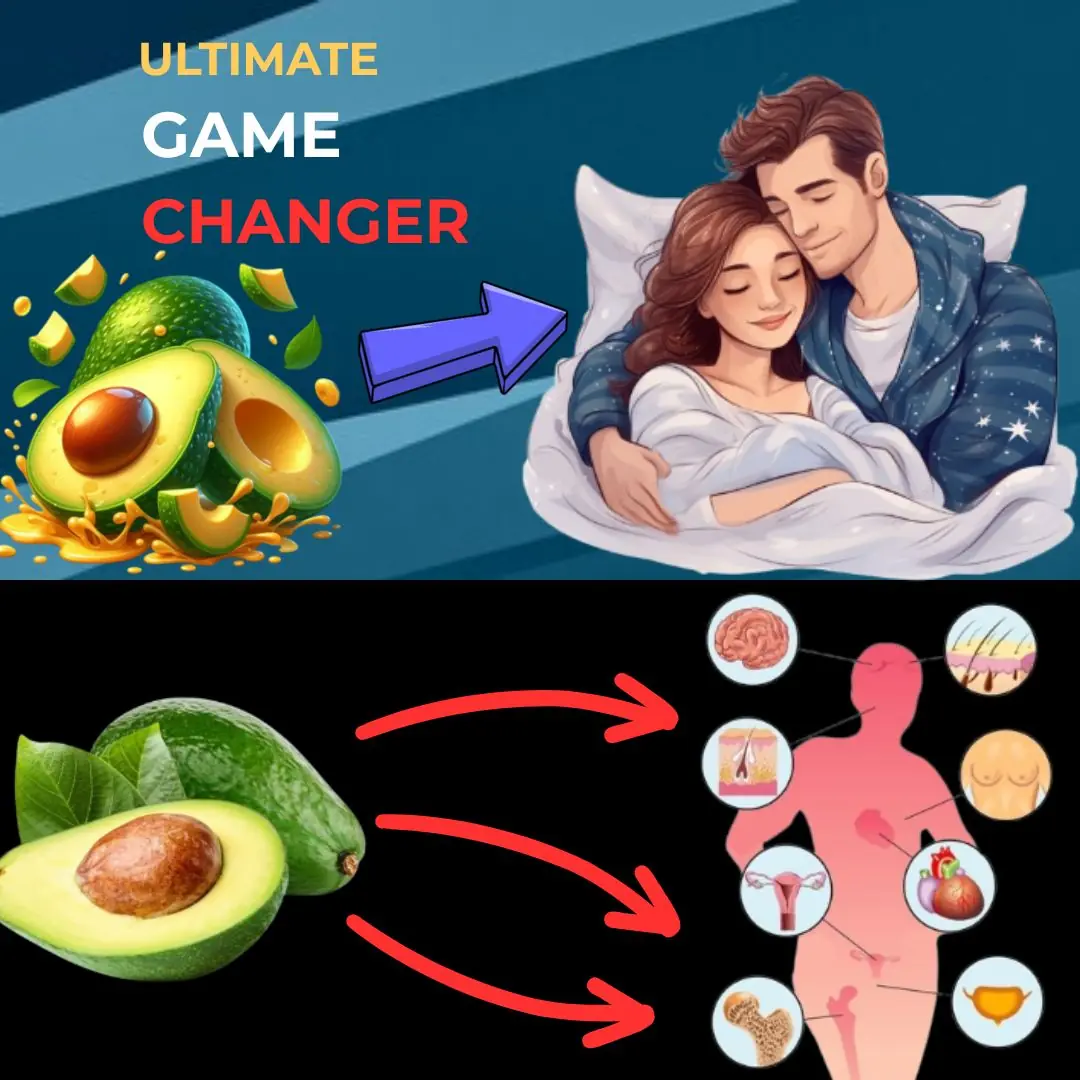
Don’t Eat Avocado Until You Know These 9 Things
